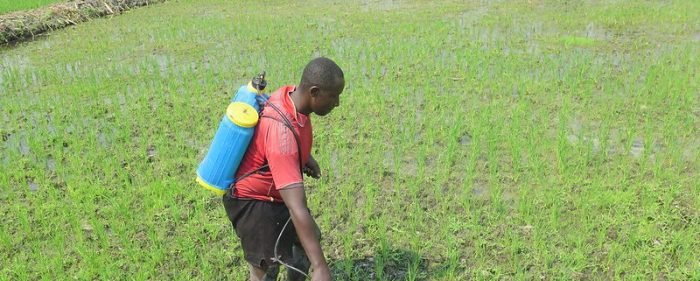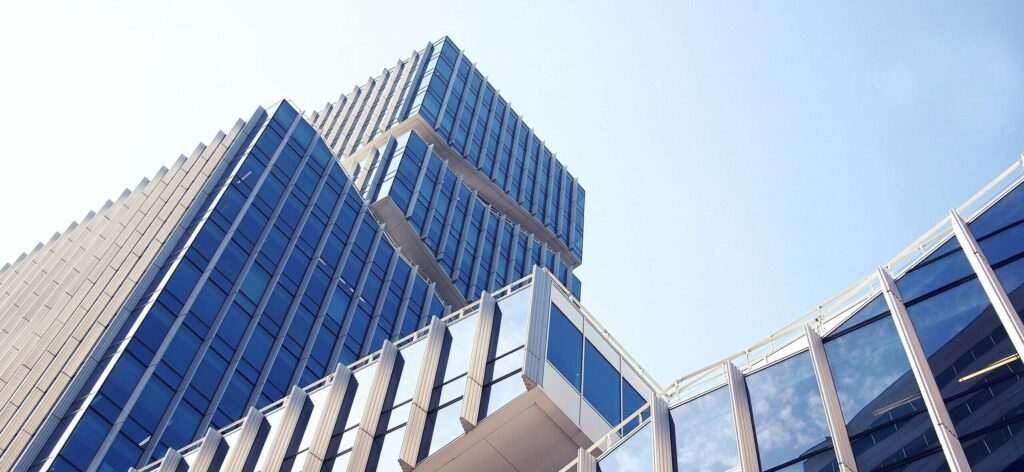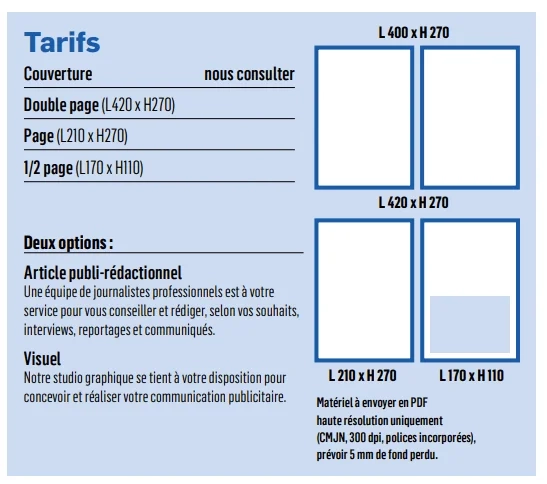Space not available
The file format is not recognized
Reserve this advertising space
Post an ad : banner or video
press release, interview, sponsorship
Choose this advertising space
and click here to transmit
an announcement file
Your ad in pop-up format
Choose this advertising space
and click here to transmit
an announcement file
a file
or
Transmit here
a file
– The development of agro-industrial parks

Approximately 80% of agro-industrial products consumed in the DRC are imported. The gradual development of some twenty agro-industrial parks covering tens of thousands of hectares across the country should address this. The Ngandajika Agro-Industrial Development Support Program (PRODAN) has already been launched.
Space not available
The file format is not recognized
Reserve this advertising space
Post an ad : banner or video
press release, interview, sponsorship
Choose this advertising space
and click here to transmit
an announcement file
Your ad in pop-up format
Choose this advertising space
and click here to transmit
an announcement file
a file
or
Transmit here
a file
The DRC imports $2 billion worth of food products despite its agro-hydroforestry potential, which weighs heavily on its trade deficit. Thus, the volume of imports in relative value of some agro-industrial products is 90% for wheat, 30% for corn, and 90% for rice. The diversification of the Congolese economy, which the Head of State has always advocated, has entered a decisive phase. The challenge is to combat malnutrition through these special agro-industrialization zones to be established near agricultural production sites. These special zones will be equipped with energy, transport, and communication infrastructure that can promote the local creation of added value through the development of agricultural production chains and their local processing.
The African Development Bank (AfDB) funds will be used for agro-industrial development in five special zones across the country. The sites are located in the provinces of Kongo Central, Greater Kasai (Kasai, Kasai Oriental, and Central), Greater Katanga (Tanganyika, Haut-Lomami, Lualaba, and Haut-Katanga), Greater Bandundu (Kwilu, Kwango, and Maï-Ndombe), and the former Orientale Province (Bas-Uélé, Haut-Uélé, Tshopo, and Ituri).
In November 2021, the AfDB granted a $70.76 million African Development Fund (ADF) loan to the DRC to implement the Ngandajika Agro-Industrial Development Support Program (PRODAN) in the center of the country. The government will provide approximately $22.37 million in counterpart funding for the program's five-year implementation in Lomami province, approximately 1,390 kilometers from Kinshasa. More than one million people, half of whom are farming households, live in this province, where agriculture provides 65.51 million jobs.
PRODAN is the pilot phase of an operation aimed at implementing national policies and strategies to develop agricultural development hubs, through the creation of agro-industrial parks in each of the country's 22 provinces, in order to stimulate annual growth in the agricultural sector of more than 6%.
Space not available
The file format is not recognized
Reserve this advertising space
Post an ad : banner or video
press release, interview, sponsorship
Choose this advertising space
and click here to transmit
an announcement file
Your ad in pop-up format
Choose this advertising space
and click here to transmit
an announcement file
a file
or
Transmit here
a file
The objective is to reduce poverty, ensure food and nutritional security for rural populations, and create sustainable employment and income. Other expected results include improved access to markets, agricultural inputs, and services. The program targets fragile and economically, socially, and environmentally disadvantaged areas with significant agricultural potential, whose sustainable development will contribute to improving the country's food security.
PRODAN is part of the government's major priority program, which aims to eventually reach all 22 provinces of the country and gradually reverse the trend of food insecurity through the development of special agro-industrial processing zones. This program will directly benefit more than 131,413 households, or approximately 750,000 people, including 52% women, and indirectly 500,000 farming households. It will lead to the creation and consolidation of approximately 35 small and medium-sized agricultural enterprises, 40,000 direct jobs for young people (18-35 years old), including 30% girls, and 20,000 other direct jobs (30% women).
To ensure the sustainability of investments, the participatory and inclusive approach adopted during the preparation and evaluation of the project will continue during its implementation phase to involve all stakeholders. Similarly, the "special agro-industrial processing zone (ZSTA)" nomenclature will attract the private agro-industrial sector and facilitate market access with investments: roads, equipment and various networks, social and production infrastructure, access to various communication networks. Another project aims to contribute to the industrialization and development of the province of Sud-Ubangi, a province very rich in terms of agricultural potential for both food crops and sustainable agricultural products. Today, the majority of activity remains in the primary sector, the objective of the project is therefore to provide a secure framework where agro-industries can operate freely with tax exemptions associated with special economic zones. This program was launched by USAID in March 2022. The Ubangi Special Economic Zone is located in Buaka. It houses 25,000 hectares of plantations producing sustainable agricultural products and primary processing industries.
A roasting unit has been set up. The project's promoters created the Elikya Foundation, which houses a school with a capacity of 1,300 students, and a hospital center that has become the reference hospital in partnership with the government, with a total of 15 pavilions and a capacity of approximately 230 beds. A recreation center is available to those working on the plantation. In terms of infrastructure, there is also an airfield allowing companies to land directly in the area. It is planned to export products north via the RN 6, to Zongo, to Bangui, and from there to Douala in Cameroon. The river can also be used to bring products back to Kinshasa.
Space not available
The file format is not recognized
Reserve this advertising space
Post an ad : banner or video
press release, interview, sponsorship
Choose this advertising space
and click here to transmit
an announcement file
Your ad in pop-up format
Choose this advertising space
and click here to transmit
an announcement file
a file
or
Transmit here
a file
















 A Seat That Transforms into a Bed
A Seat That Transforms into a Bed  In the world of air travel, economy class is often considered the most affordable option. However, at Air Afrika, we believe that affordability shouldn't mean compromising on quality of service. Our class
In the world of air travel, economy class is often considered the most affordable option. However, at Air Afrika, we believe that affordability shouldn't mean compromising on quality of service. Our class











